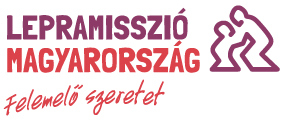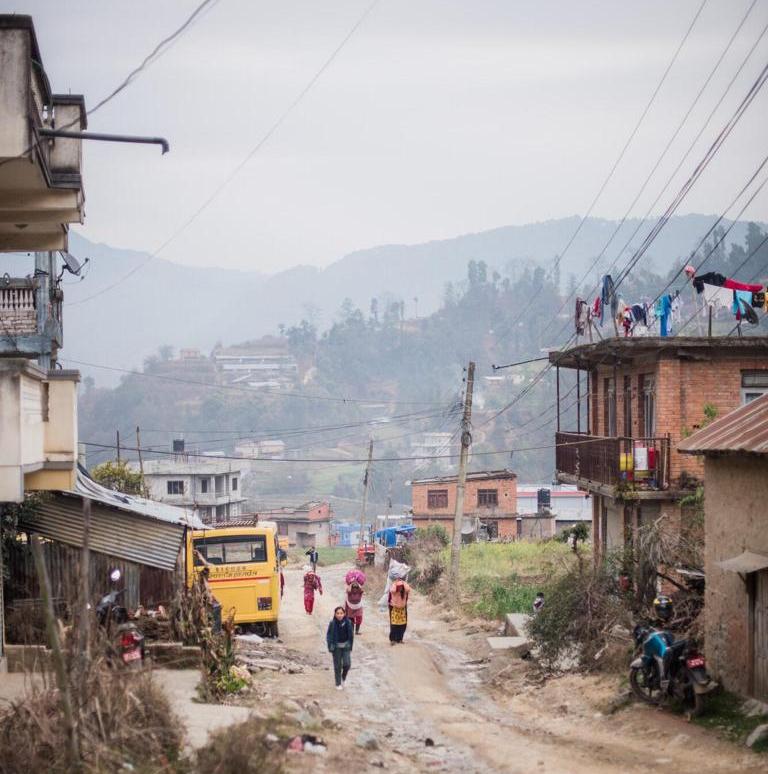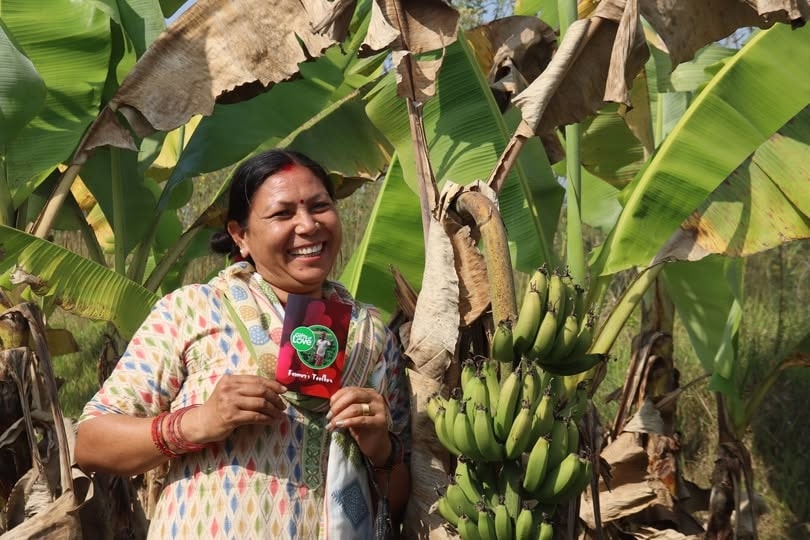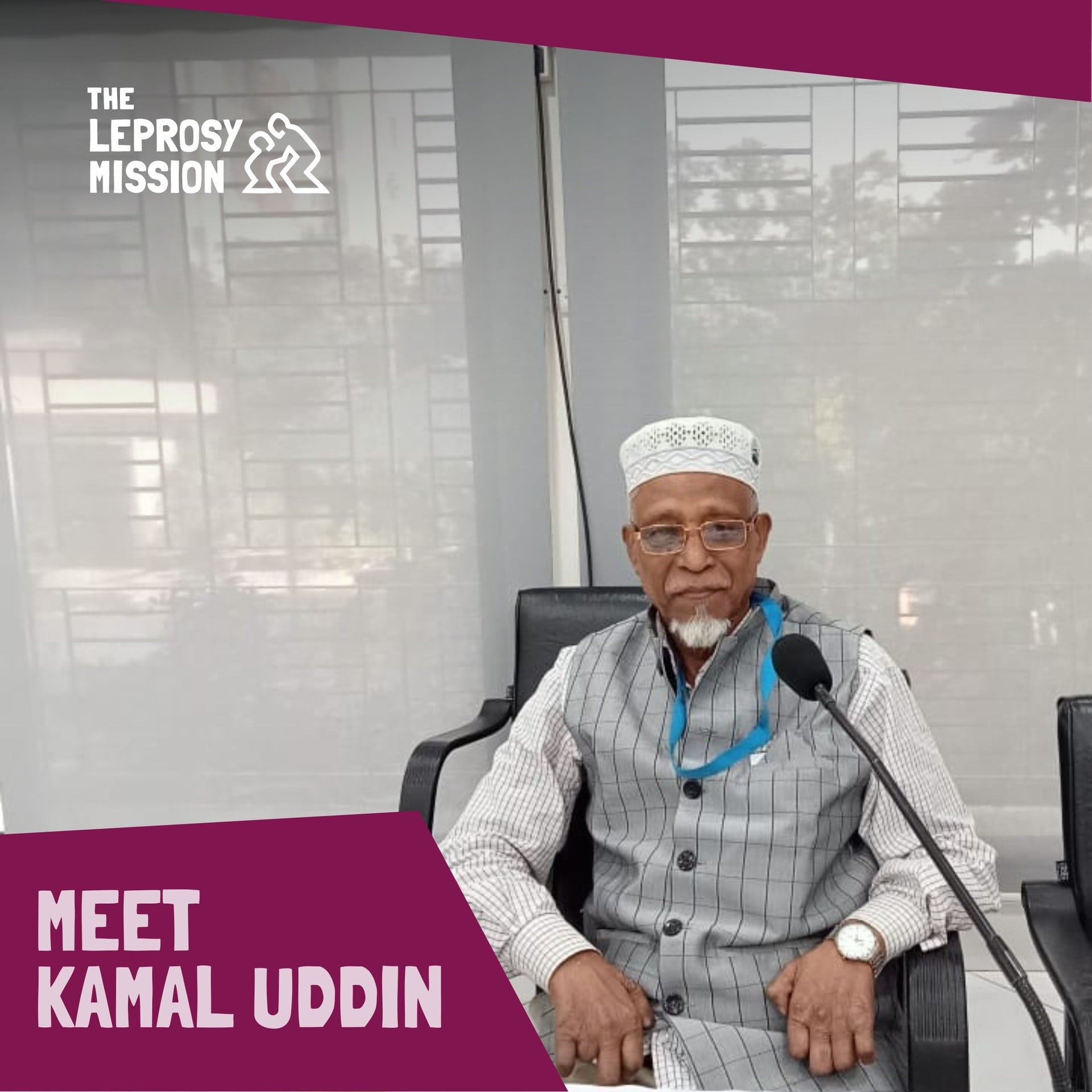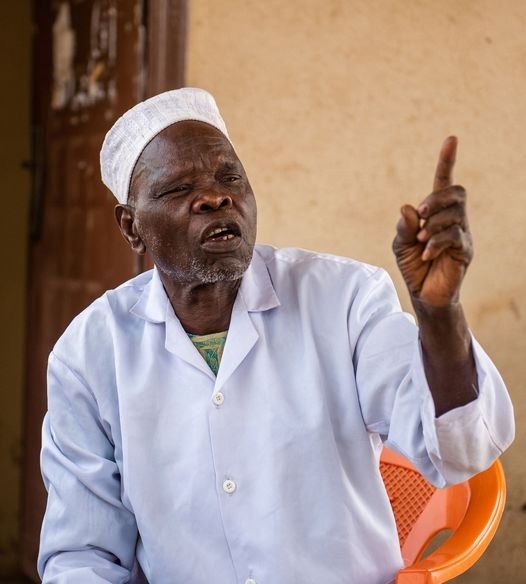"Walk a mile in my shoes and you'll understand what it means to be a leper!"
I am Taranath from Nepal. I grew up not far from Kathmandu. My parents are farmers who did not send me or my siblings to school because they did not consider our education important. So I spent a lot of time working in the fields with my parents. Later, some teachers from a nearby school visited them, asking me to study.
I quickly excelled at school and won a scholarship. I was very happy, but at the age of ten, white patches appeared on my body and I became numb on these areas. My right hand became weak and my fingers deformed. One cold day I was warming myself near the fire and I held my hand there and felt no pain.
As my body became weaker, my parents became more and more worried, but they didn't know that I needed to be taken to hospital, so instead I was treated by a quack using traditional methods. My parents believed that God was punishing me through the disease. I owed countless sleepless nights to these cures. These are very bitter memories from my youth. The illness had nothing to do with God's wrath, but at the same time I was denied free medical help for a long time.
Fortunately, my uncle from Kathmandu informed my parents about my leprosy and gave us the address of the Ananda Leprosy Mission Hospital, where we were taken to be examined. Anadaban diagnosed my leprosy and started my long-awaited treatment, which included reconstructive surgery and a combination of antibiotics called MDT. My mother travelled with me to Anandaban and stayed there until my recovery. She cried a lot seeing patients crippled by leprosy. The hospital team relieved her terror of the disease by giving her medicine and education, as she had a lot of anxiety about it.
While I was in the hospital, I was visited by friends and relatives, but they were also shocked by the devastating effects of the disease. After I returned to my village, my friends stopped talking to me. Our neighbours and relatives stopped coming over. They were afraid of the disease and of me because they did not know the characteristics of the disease. I also dropped out of school, facing stigma and ostracism. I returned to Anandaban to seek help from the leprosy section. They gave me advice and supported me in my studies. After I finished my studies, they helped me find a job in a rehabilitation centre where I could help other leprosy patients.
After I received my training, I achieved success as a physiotherapist. Some European guests who visited our centre were particularly pleased with my work and recommended my promotion. However, the head of the centre refused, saying that a person with leprosy had limited mental capacity, and banned them from seeing me. He later used various methods to intimidate and isolate me from others. It was very painful and humiliating. I don't understand how he could think that about me...
Despite all the adversity, I am currently happy: working as an employment counsellor in the FOUND project of the Leprosy Society and supporting other people with leprosy and disabilities. I help them to find work and self-esteem, because I know that the two are linked. I want to use the many sad experiences I have had in my life to make the lives of excluded people happier. I would like to change the perception of leprosy and make Nepal a safer and happier place for everyone who experiences it.
